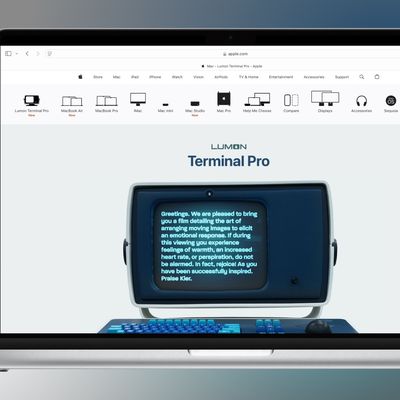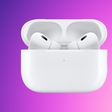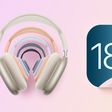Last month, the new MacBook Pro did not receive a purchase recommendation from Consumer Reports due to battery life issues that it encountered during testing. Apple subsequently said it was working with Consumer Reports to understand the results, which it noted do not match its "extensive lab tests or field data."

Apple has since learned that Consumer Reports was using a "hidden Safari setting" which trigged an "obscure and intermittent bug reloading icons" that led to inconsistent battery life results. With "normal user settings" enabled, Consumer Reports said it "consistently" achieved expected battery life.
Apple's full statement was shared with MacRumors:
"We appreciate the opportunity to work with Consumer Reports over the holidays to understand their battery test results," Apple told MacRumors. "We learned that when testing battery life on Mac notebooks, Consumer Reports uses a hidden Safari setting for developing web sites which turns off the browser cache. This is not a setting used by customers and does not reflect real-world usage. Their use of this developer setting also triggered an obscure and intermittent bug reloading icons which created inconsistent results in their lab. After we asked Consumer Reports to run the same test using normal user settings, they told us their MacBook Pro systems consistently delivered the expected battery life. We have also fixed the bug uncovered in this test. This is the best pro notebook we’ve ever made, we respect Consumer Reports and we’re glad they decided to revisit their findings on the MacBook Pro."
Apple said it has fixed the Safari bug in the latest macOS Sierra beta seeded to developers and public testers this week.
Consumer Reports has issued its own statement on the matter to explain why it turns off Safari caching during its testing and other details:
We also turn off the local caching of web pages. In our tests, we want the computer to load each web page as if it were new content from the internet, rather than resurrecting the data from its local drive. This allows us to collect consistent results across the testing of many laptops, and it also puts batteries through a tougher workout.
According to Apple, this last part of our testing is what triggered a bug in the company’s Safari browser. Indeed, when we turned the caching function back on as part of the research we did after publishing our initial findings, the three MacBooks we’d originally tested had consistently high battery life results.
The non-profit organization also acknowledged user reports of poor battery life that have surfaced over the past three months.
Consumer Reports said it will complete its retesting of MacBook Pro battery life and report back with its update and findings when finished.
Apple advertises that the latest MacBook Pro models get up to 10 hours of battery life on a single charge when watching iTunes movies or browsing the web. This estimate can be affected by several factors, such as screen brightness, which applications are running, and other system processes.






















